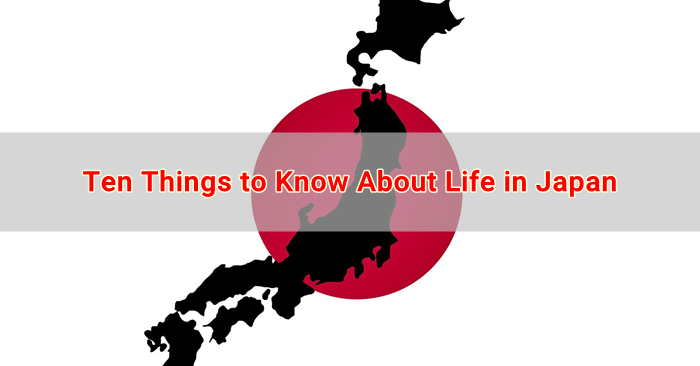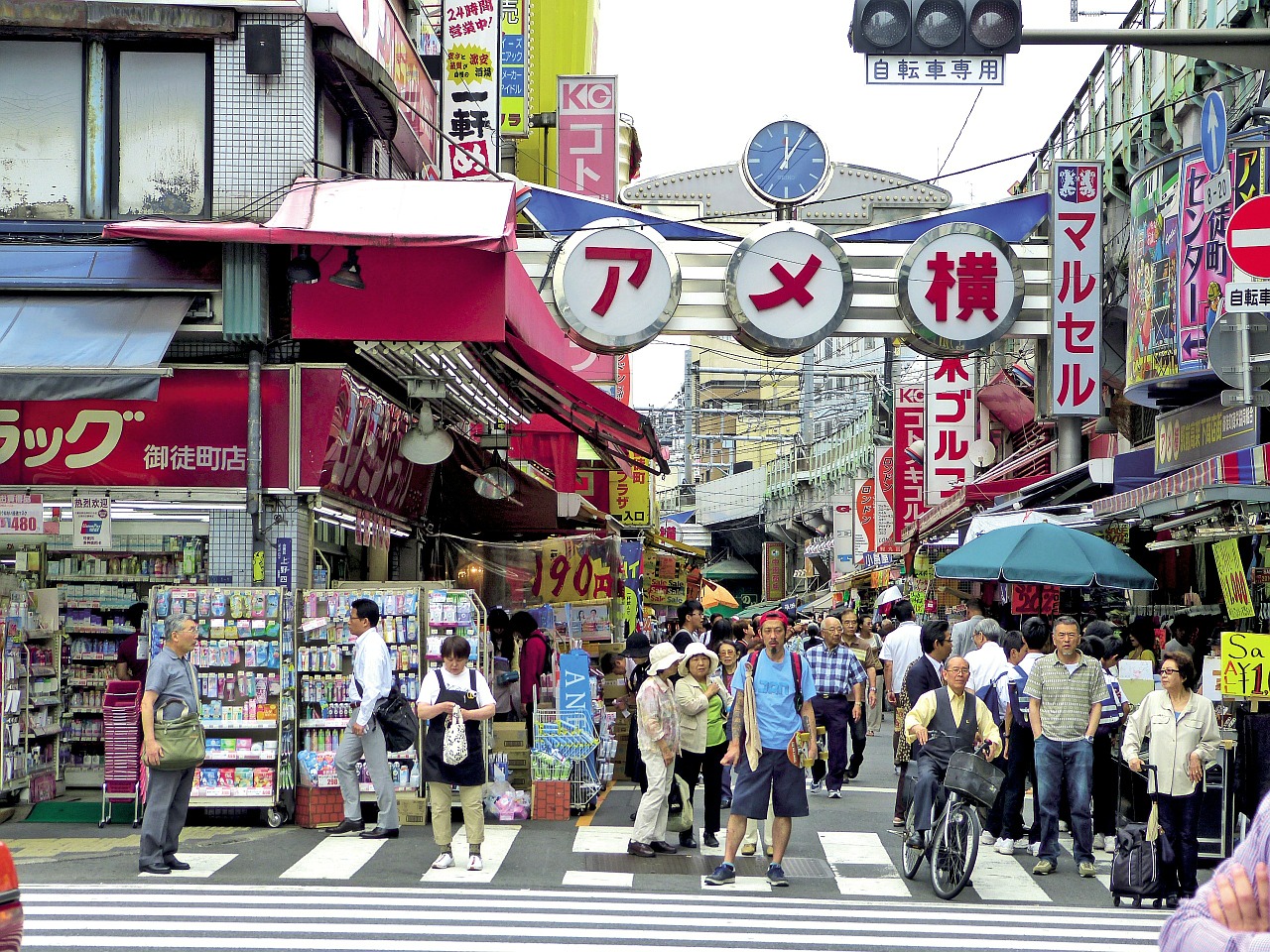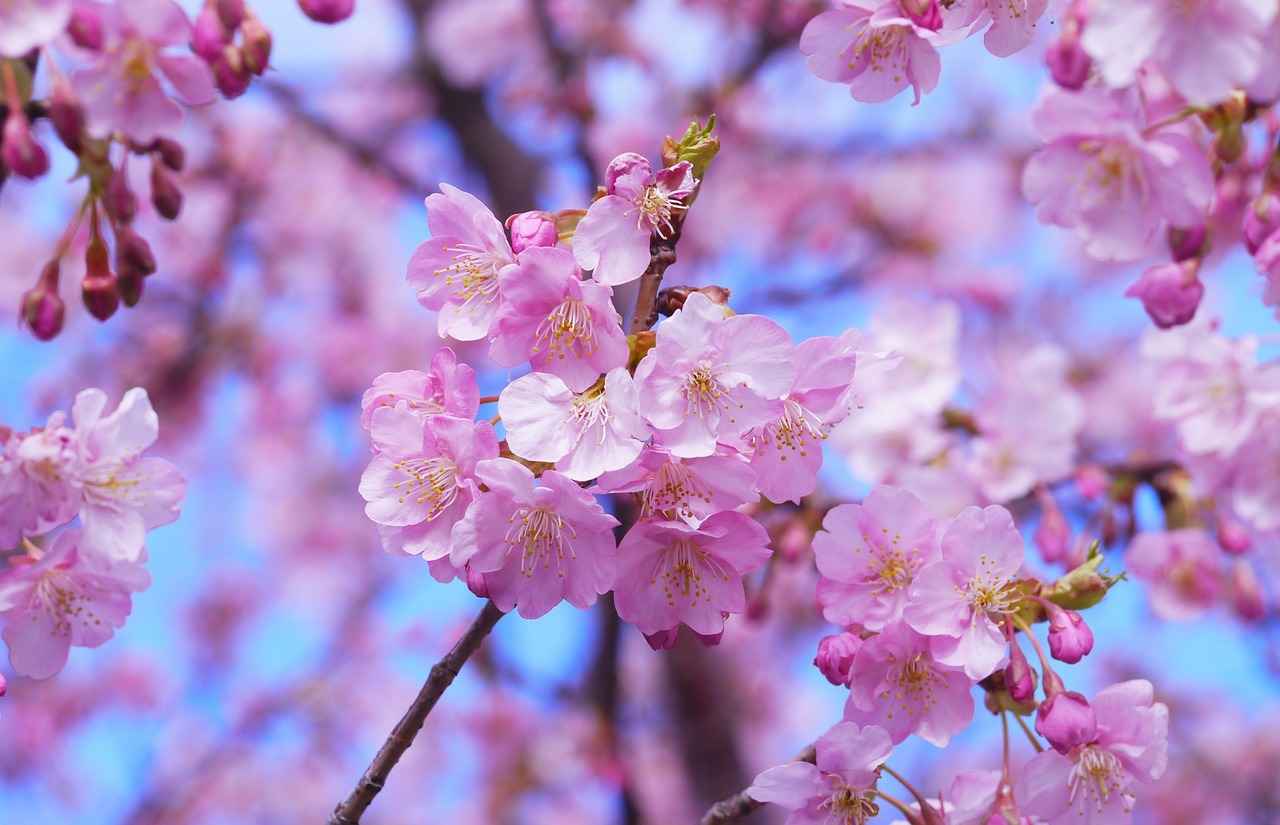The Internet feeds us with so much information which, in turn, moulds our worldview and opinions about certain things and places (countries and nationalities included). But if you’re planning on moving to another country like Japan, there are certain things that you’ll need to see first for yourself to truly understand them.
There’s no doubt that Japan has a lot to offer experience-wise to the wide-eyed traveller, but if you’re planning to travel here for leisure or to settle here even, it may be a good idea to take note of some important reminders first before you fully immerse yourself in a culture that is so unique that your expectations of a culture shock could easily fly out the window, if you come unprepared the very least.
Living in Japan: 10 Things You Need to Know Before You Move In
In this post, we will break down ten of the basic things that you will have to deal with before, during, and after you reside in the “Land of the Rising Sun”:
1. Applying for Visa
Before anything else, you must keep in mind that to make your dreams of living in Japan become a reality, some sort of visa will be required of you. And frankly, applying for a Japan visa isn’t exactly a walk in the park. While some countries have made agreements with Japan in terms of expediting the visa application process and requirements, the general rule is: unless your country offers voluntary visas or working holiday visas which would allow you to stay in Japan for a year at most, you will need to get a working visa which has a special set of requirements. It will take at least a bachelor’s degree to get a nod from Japan Immigration and Japanese firms to even consider you to work for them. Otherwise, if applicable, you may apply for a student or a spouse visa which will take a different process altogether.
2. Work Life
While work hour requirements vary from one job to another, keep an open mind when we say that Japan is notorious for having a high-rate of overtime hours for majority of its employees. It’s just the type of work culture here. But that’s not all, with employees working long hours on a regular basis, they also only get around ten (10) paid days off every year. Having a full-time job may yield a significant amount of earning, but if you’re on part-time work, say at a restaurant, convenience store, or a hotel, the most you’ll make for an hour’s work is JPY 1,000. Fortunately, most companies shoulder train costs either in full or in partial only. Also, it’s common for employed individuals to take one-way train rides (as it is one of the most common forms of transportation here in Japan) to work for an hour, at the very least.
3. Place of Residence
Depending in the city where you live, finding an apartment might prove to be one of the first challenging things you’ll face here, especially when you’re starting out or in a tight budget. The general rule is, the bigger the city you’re staying in, the higher the cost of living – and that includes the rent, food, and other utilities you’ll need to take care of on a regular basis. So, while you’re still starting out on your new life here in Japan, try as much to get away from the metropolitan, and look for a bigger place to stay in the suburbs for a lower price. Also, where there are nearby train stations in the area, expect a higher rent fee. And if you do find that perfect apartment for a place to be considered your “home away from home”, make sure that you still have enough funds to cover the other monthly expenses such as water, gas, electricity, and for the upkeep.
4. Household Differences
Modern Japan has everything to offer from self-flushing toilets, floor-heating systems to solar energy-dependent appliances, but of course, if you’re coming from a different country and are settling here for the first-time you will need to adjust to certain things. For one, if you’re used to having just a heater system in your house, you’ll find air conditioning much more common here in Japan for cooling and warming purposes because we get really hot summers and frigid winters here, also depending on where you are located. And when it does get pretty cold, just make sure to wear thick clothing or put on warm blankets. Another thing that might catch you off-guard is the kind of washing machines that we have here in Japan – ours only work with cold water so clearing out shirt stains can be difficult to do.
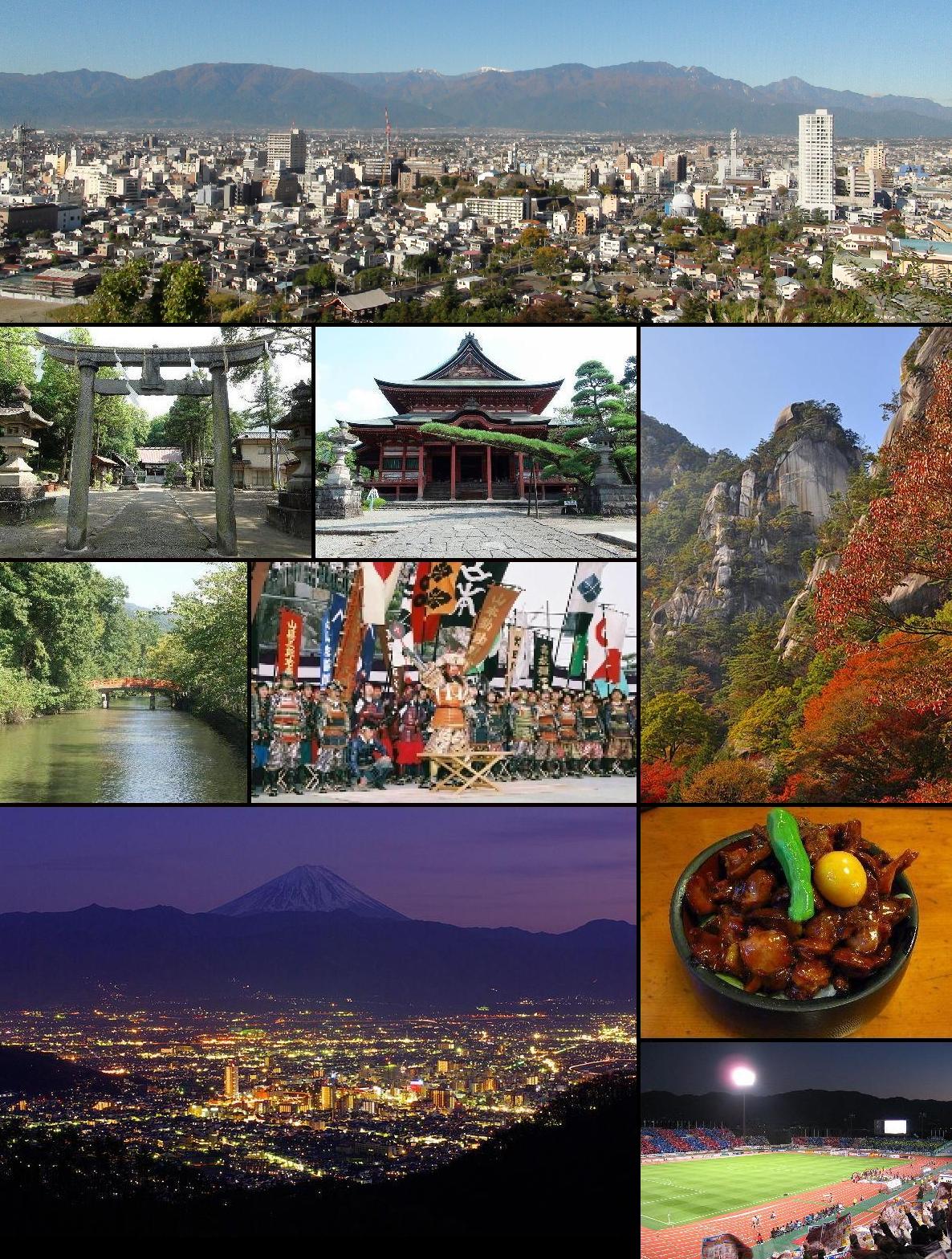
5. Language
If you’ve done a decent amount of travelling to other countries, you would know that any amount of English or body language would be enough to get you through a lot of things, but if you’re thinking about living here for a long period of time, you’ll definitely need to pick up the Japanese language to thrive. Imagine walking into a department store where a sea of kanji awaits you; if that’s not enough to make your head spin, you can only hope to at least buy some of the things that you need. This situation is nothing compared to when you’re required to fill out important forms, sign a contract to get a hand phone, rent an apartment, and other major activities which will set up the kind of life you’ll lead overseas.
6. Food and Dining
If you’re a little tight with your budget, cooking at home would be a great way to cut down on some of your expenses, but don’t pass up the opportunity to eat out as well. You’ll be pleasantly surprised to find out that there are plenty of small local restaurants where you can eat out for less. There are a lot of at-all-you-can spots (tabehoudai) and family restaurants which give value for your money. You can get a variety of dishes for yourself or for your group in these places. Not to mention the Japanese drinking spots (izakaya) where a lot of office workers hang out for a couple of beers after work. Of course, you wouldn’t miss out on the Japanese favourites such as soba, udon, ramen, and sushi as they are virtually available in every food spot in the neighbourhood.
7. Shopping
Japan is not really considered a cheap country because when you look at the prices of fruits and vegetables in some shops they’re anything but that! This holds true as well for items sold in convenience (konbini) stores, as you would expect. So when you’re not in a rush, it would be best to plan ahead your market list and get your supplies directly from the supermarket. In addition, you can say that going to movie houses and concerts, as well as certain purchases like DVDs, and cosmetic products are considered luxuries here in Japan. On the other hand, you’d get good prices for books, CDs, and even some DVDs from second-hand shops such as Book Off. You can also snag personal, household, and even quality gift items from 100-yen shops which are quite common here in Japan.
8. Sightseeing
You know what’s better than looking at travel magazines? Seeing the real thing for yourself. If you’re big on visiting shrines, castles, temples, and gardens, Japan has them all for your sightseeing pleasure. They’re not just good to look at in pictures, but if you just get to know the history behind these beautiful spots, your visit will be all the more special and worthwhile.
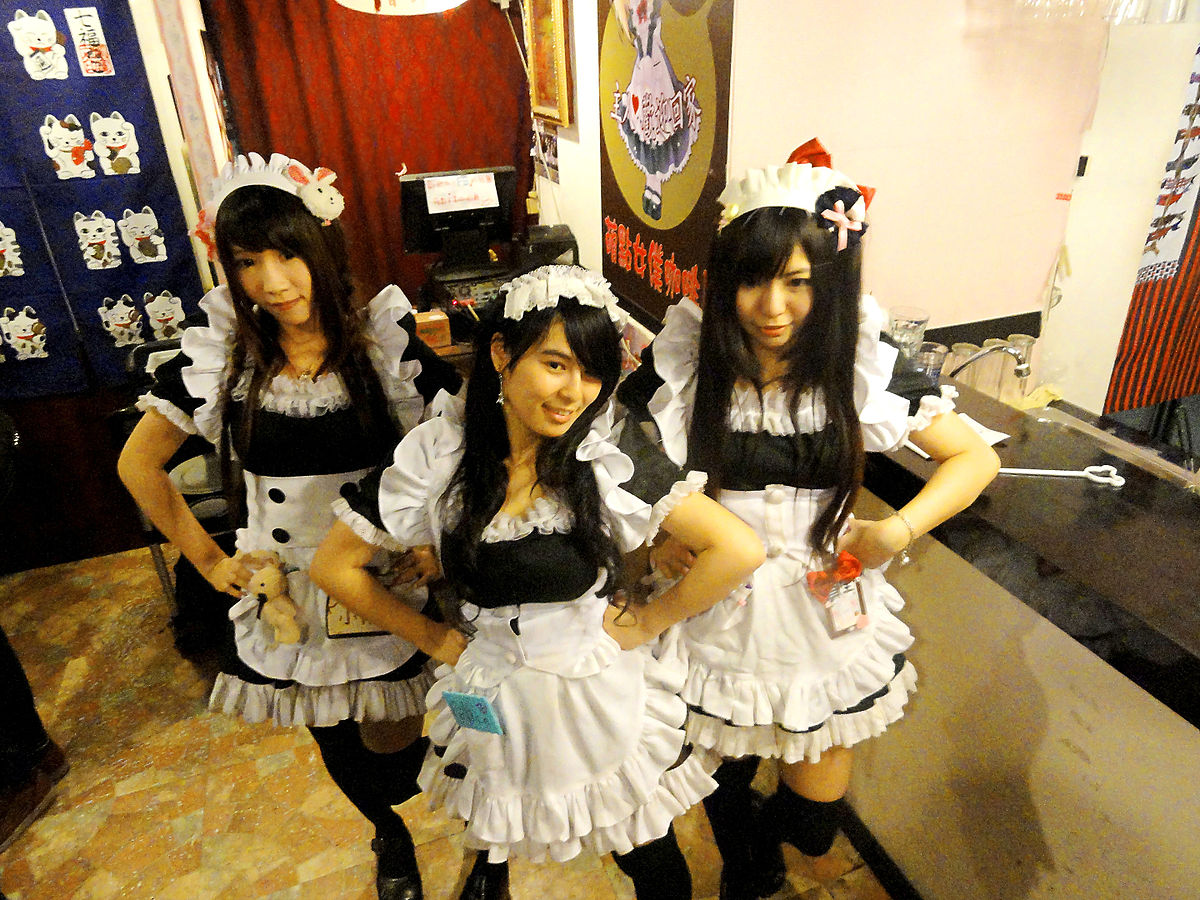
9. Unique cafes and crazy events
If you happen to be in Tokyo or in other metropolitan locations in Japan, you’d find different kinds of unique themed cafes in addition to the already popular pet/animal cafes in other parts of the world. There’s one dedicated for all sorts of animals such as cats, dogs, hedgehogs, owls, penguins, and many more. But if you’re looking for a new café experience, maybe you’d fancy going to prison, or to an Alice in Wonderland-themed café. Japan never runs out of interesting and those too-good-to-pass quirky events that Japan and its people are quite known for.
10. You take the good with the bad
In summary, Japan is a nation with a very strong character and identity. While there are some things that can be considered ‘odd’ compared to other cultures, particularly in the West, we need to understand that this could also well be the case if you decide to live somewhere else that is not “home”. The important point here is that, in order to fully acclimatize yourself to a new “home”, you need to respect the people and culture you’re dealing with, and it starts by learning to accept the good and the bad about a place as unique as Japan.
